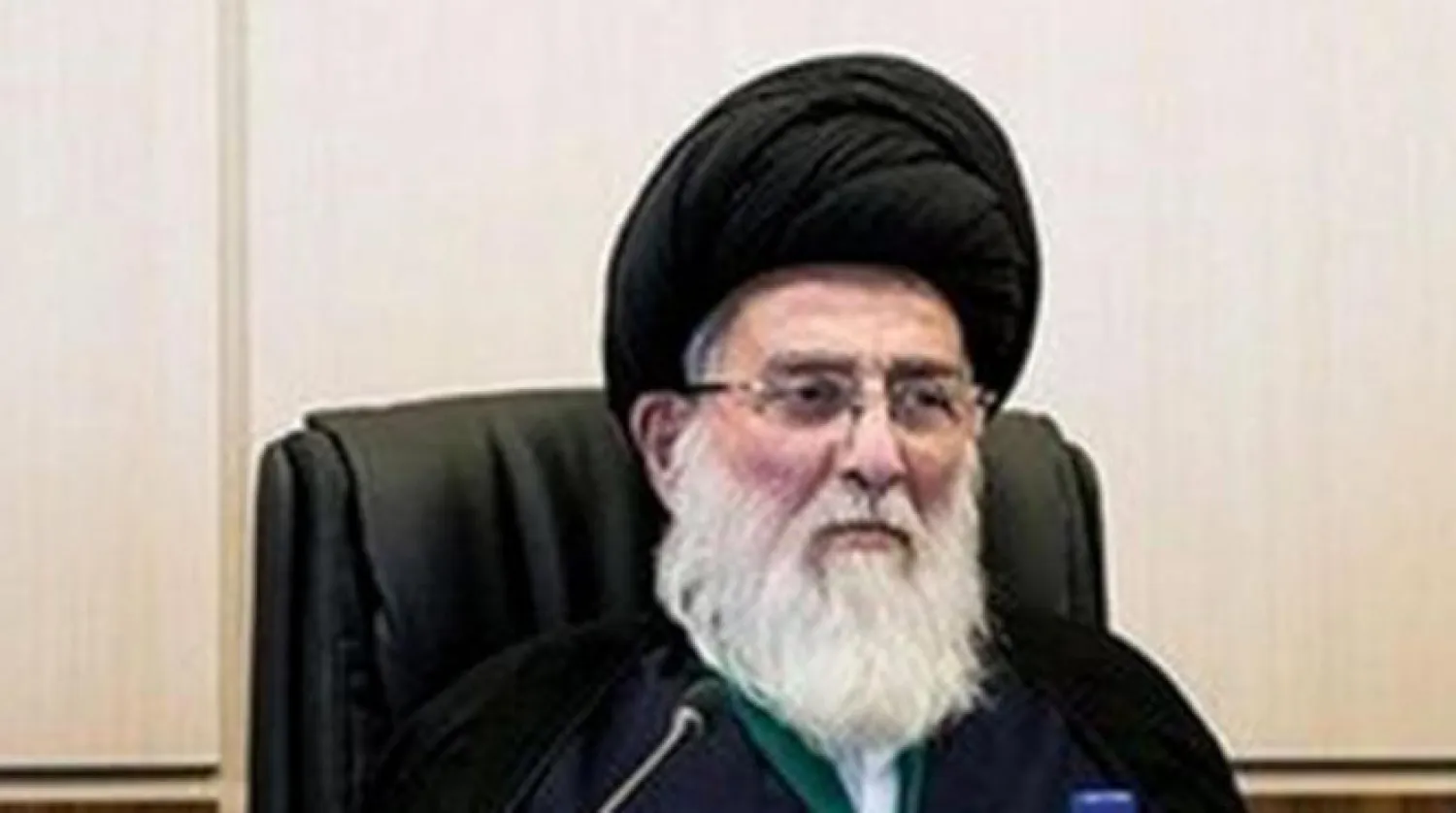Iran declared on Tuesday a one-day national mourning over Chairman of the Expediency Council Mahmoud Hashemi Shahroudi, who headed Iran’s judiciary during fierce crackdowns on dissidents, journalists and activists and died on Monday at the age of 70, AFP reported.
Iranian Supreme Leader Ali Khamenei performed funeral prayers Wednesday in Tehran for Shahroudi.
Shahroudi was a student of Iran’s revolutionary founder Khomeini who went on to hold some of the most powerful positions in the Islamic republic.
At the time of his death, he was head of the Expediency Council and a member of the 12-man Guardian Council -- two key institutions in shaping legislation and vetting election candidates. He was also deputy head of the Assembly of Experts, which has the power to choose the successor to Khamenei.
He had not been seen in public for several months, and there were reports last year that he underwent a surgery for an unspecified type of cancer in Germany.
A German MP filed a complaint against Shahroudi during his stay, calling for him to be charged with crimes against humanity, but a judge found no grounds to hold him.
Shahroudi headed the judiciary between 1999 and 2009 – a period that saw hundreds of executions and a crackdown on activists, dissidents and the reformist media.
His tenure concluded with the mass protests over allegations of vote rigging in the 2009 presidential election, which led to thousands of arrests and allegations of severe abuse in prisons.
The prosecution in 2001 of reformist MPs – despite their parliamentary immunity – was heavily criticized by the government at that time.
Shahroudi was born in Najaf in Iraq on August 18, 1948, and he met Khomeini when the latter was exiled to Iraq in the 1960s.









